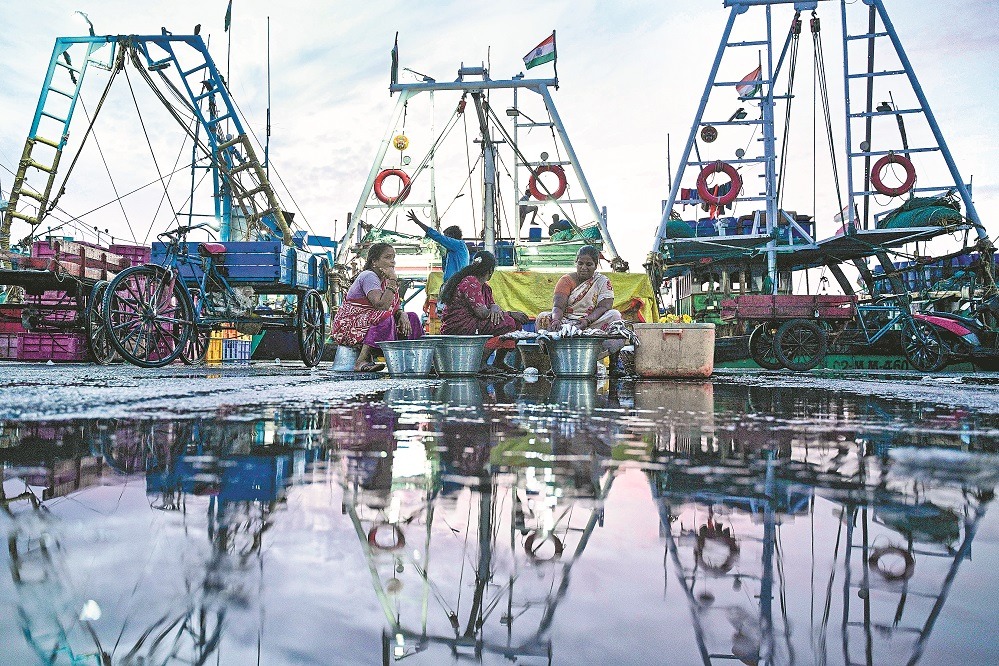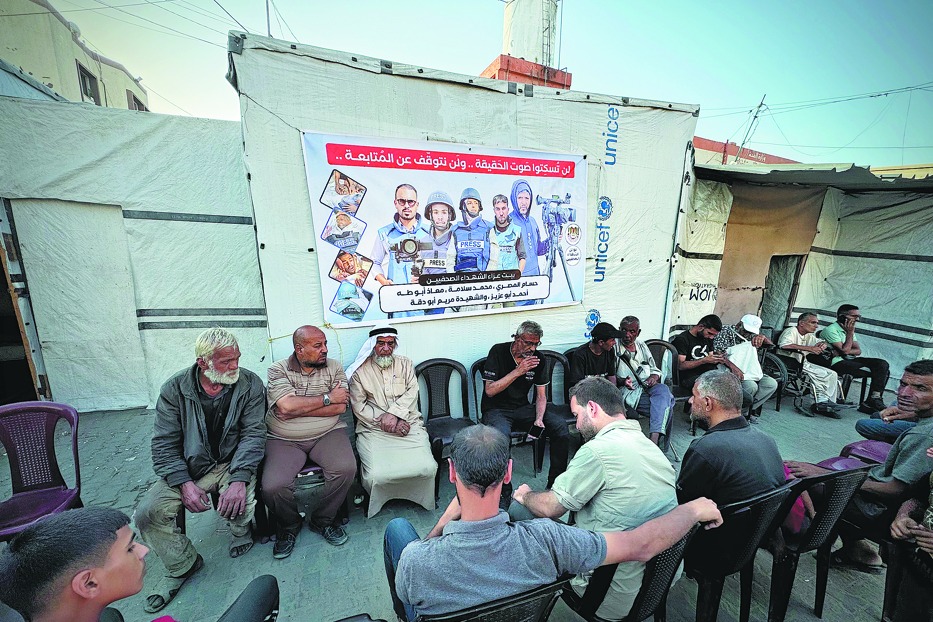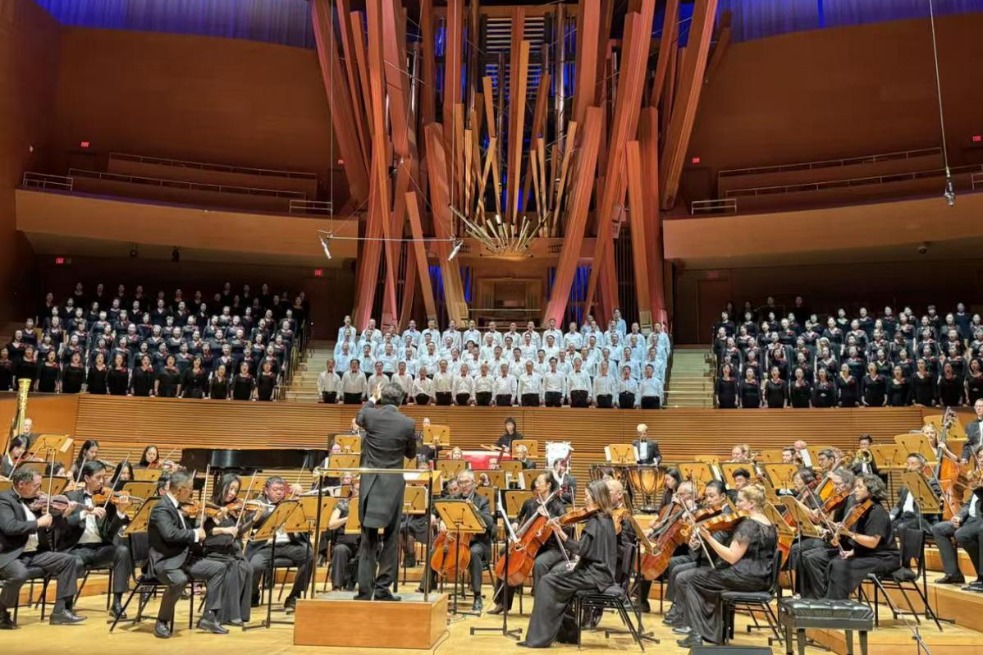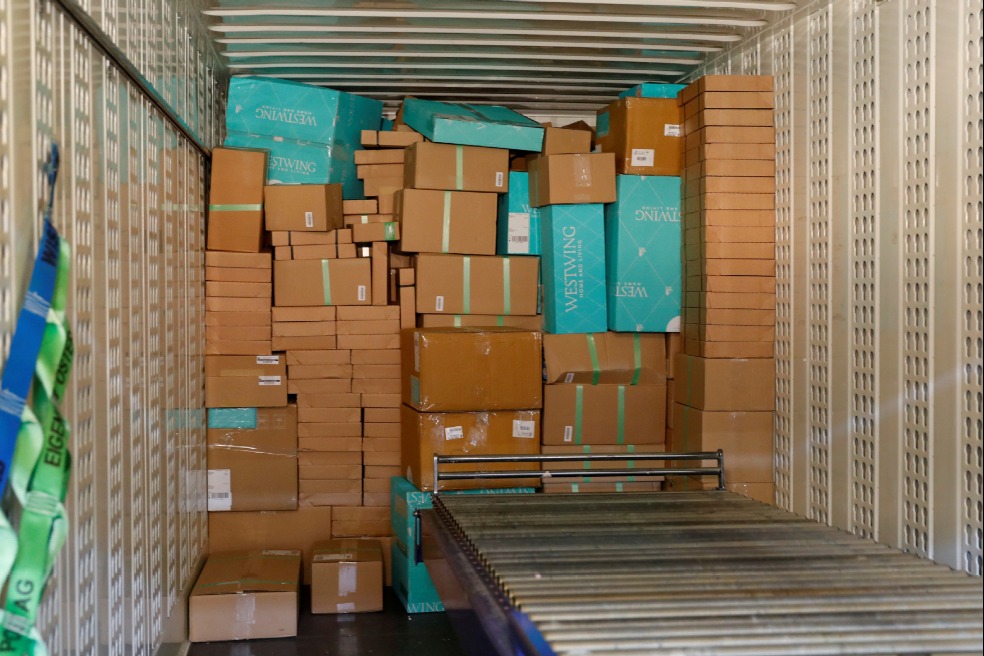Public space reclamation transforming Kenyan slums

In what was once a dingy alley in the Kayole slum of Kenya's capital Nairobi, children today can be found playing on swings and riding their bicycles. Five years ago, they would only play on the balconies of their houses or in front of their gates for lack of clean safe places where they could gather as children.
However, the slum's Wahenga Youth Group has teamed up with the Public Space Network, a non-governmental organization, to find ways to co-create spaces within the slum accessible for everyone. As a result, un-official dump sites, neglected alleys and public facilities in the slum are being slowly reclaimed by the group as a way to preserve the environment.
Faced with a bulging population, poor waste management and a crumbling infrastructure, profuse amounts of garbage are being discarded across Africa's slums, causing a decline in green safe public spaces.
Unlike residents of affluent neighborhoods who can afford to have backyards and lawns while paying generously for waste to be collected, residents living in low- and middle-income areas cannot afford the luxury. This is why they dump their garbage in public spaces, posing a threat to public health.
Samuel Omare, the leader of the Wahenga Youth Group and an advocate for the Public Space Network in Kenya, says they started rehabilitating public spaces in 2018.
"Our work has been recognized globally and the youth in our community see us as pacesetters. That is why we receive support from local authorities and residents. We work on a volunteer basis and most of the places we rehabilitate used to be no-go zones. The spaces had mountains of garbage and were mostly dens for thieves," Omare said.
However, by clearing the garbage, planting trees and installing amenities that can be used by children to play and adults to relax, Omare said the area has been completely changed by the replacement of what was a den for reprehensible activity with a clean place where people can sit on grass, in the open and under trees.
Ivy Njambi, the project coordinator at Public Space Network, said more than 120 abused or neglected spaces, most of which were dump sites, have been transformed into playgrounds, community gardens, recreational parks or revenue-generating car parking since the pilot phase of their project began in 2017.
"We have engaged over 3,000 youths, resulting in improved public health, safety and overall quality of life in the neighborhood. The development of new child-friendly spaces has also provided a safe space for children to play," Njambi said.
In addition to reclaiming the environment, she added crime in low- and middle-income areas has been reduced tremendously. Previously unemployed youth would engage in crime and take advantage of dump sites to hide. However, transforming spaces in their neighborhoods has given them an opportunity to earn a living by either renting the spaces for events or practicing urban gardening.
Omare agrees, saying before they formed the Wahenga Youth Group, most of his peers had lost their lives as a result of crime, mob justice, gunfights and police killings. It was not safe for anybody in the slums, and one could not walk with valuables as young men lay in wait and ambushed innocent passersby.
"We started the group with men and women who had previously been gang members and sex workers, but with support from the Public Space Network and donations from local residents, we managed to buy the tools we needed to start our first clean-up project," Omare said.
Among the challenges they face has been the struggle to secure funding to expand their activities. Omare said his group has so many ideas for how they can use their activities as a massive awareness-raising campaign on conservation, but such events require a big budget.
"Even though a few companies are interested in sponsoring our activities, we ask anybody who loves the environment to partner with us by giving donations, which can include materials and tools for public space transformation," Omare said.
Njambi said public spaces are essential now more than ever, and the goal is not to simply design better spaces but create places the community will cherish. Involving the community in design and transformation is a key factor to make similar initiatives a success, as it gives people a sense of belonging and ownership.
"Throughout the recent pandemic, we have experienced firsthand how important it is to have the opportunity to connect to nature. Public spaces designed by the community can give us exactly that. We encourage both the public and private sector to be about action and put people and planet first," Njambi said.


































